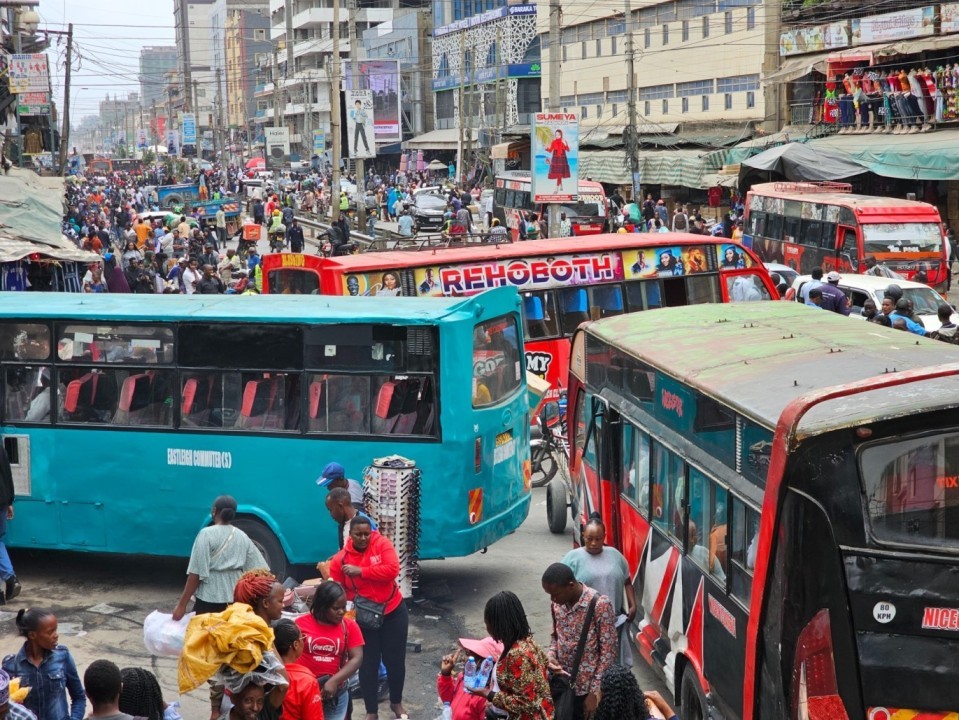City Hall targets matatu chaos with new operating rules

According to the draft Nairobi City County Permit to Operate Regulations, 2025, the county official responsible for public transport will decide how many matatus can operate on each route based on passenger demand.
Nairobi County Government is shaking up the matatu industry with new regulations, slashing the number of vehicles per route, enforcing cashless fare payments, and tightening fare pricing rules.
The goal is to cut traffic chaos and streamline public transport in the city.
More To Read
- High Court grants more time for talks in Nairobi matatu-petrol station ban case
- Relief for matatu operators after High Court halts eviction from CBD loading zones
- Matatus take EPRA and City Hall to court over ban on passenger pickups at fuel stations
- 12 matatu Saccos sue Nairobi County over eviction from three petrol stations
- Saccos term petition to ban Matatus at fuel stations baseless, court told
- Matatu operators petition Parliament for laws to curb insurance fraud
According to the draft Nairobi City County Permit to Operate Regulations, 2025, the county official responsible for public transport will decide how many matatus can operate on each route based on passenger demand.
Operators may only adjust their vehicle numbers by up to 10 per cent without approval; any larger changes must be authorised.
“Any operator shall be allowed to vary the number of vehicles up to a variance of 10 per cent of the authorised route capacity. Any variation beyond 10 per cent must be authorised by the CEC,” reads the regulations in part.
The county will publish the demand for each route yearly, or use population growth rates if no data is released.
All matatu companies and Sacco groups must apply for permits valid for five years.
While the permit fees remain undisclosed, the regulations require operators to install machines that allow passengers to pay fares electronically.
Each Sacco must also submit a detailed fare schedule to the county, including prices based on time of day, passenger type, and whether the passenger is seated or standing. Children in school uniforms and infants on laps will travel free within Nairobi.
The regulations also include strict rules about where matatus can pick up and drop off passengers.
Only approved public service terminals will be allowed, and touting, waiting more than 40 minutes, or stopping at petrol stations to pick up passengers will be banned. Violators face fines up to Sh100,000 and may lose their licenses.
Despite the intentions, the new rules faced strong opposition from matatu operators during a public meeting at Greenpark Terminus. Operators say the government is interfering with their business.
Wilfred Bosire, Secretary General of the Mass Mobility Operators Association, however, criticised the lack of consultation.
“We have not been involved at all. Gone are the days when policies were made in boardrooms. We want inclusive participation,” he said.
City Hall, however, defended the regulations saying that they want to introduce standards and ensure fairness in the issuance of permits.
Top Stories Today
















































